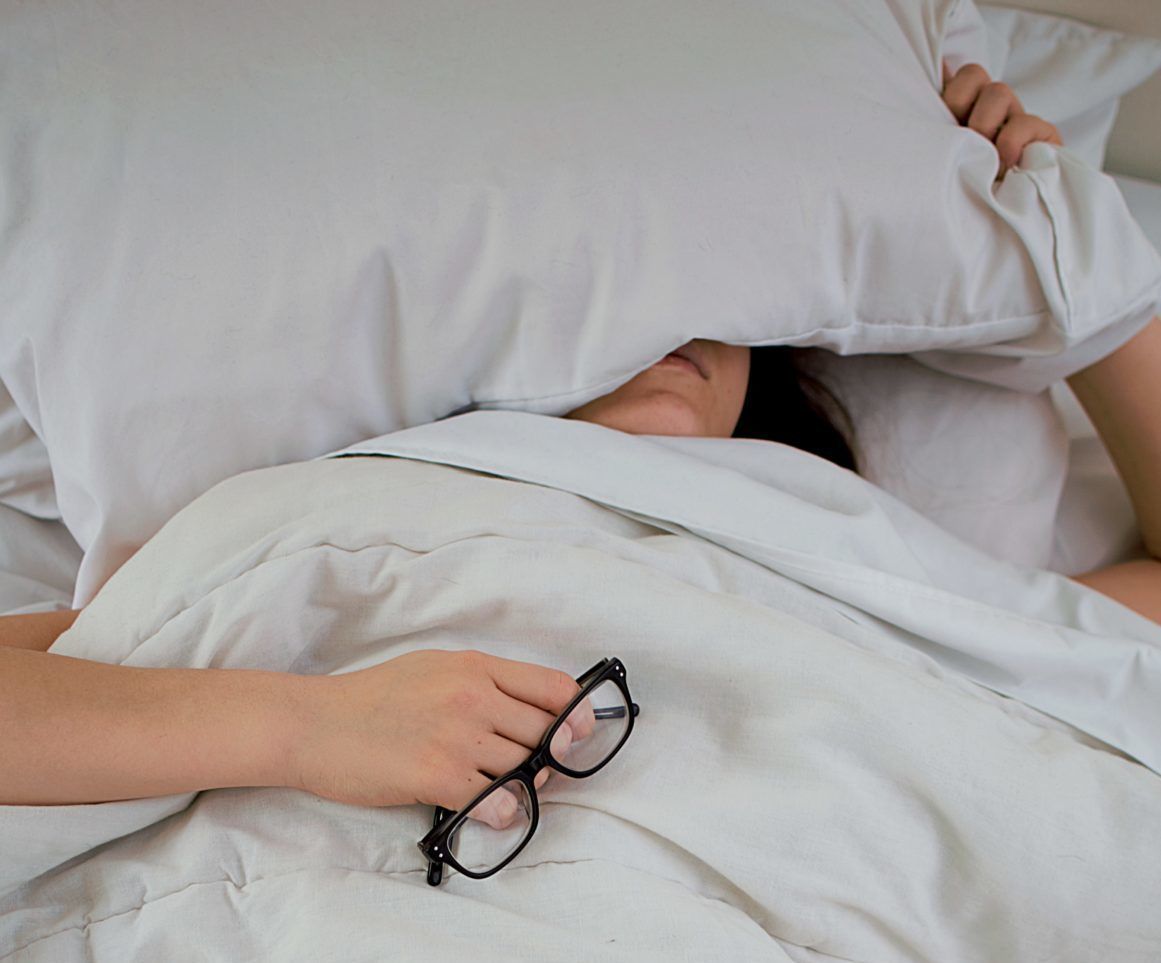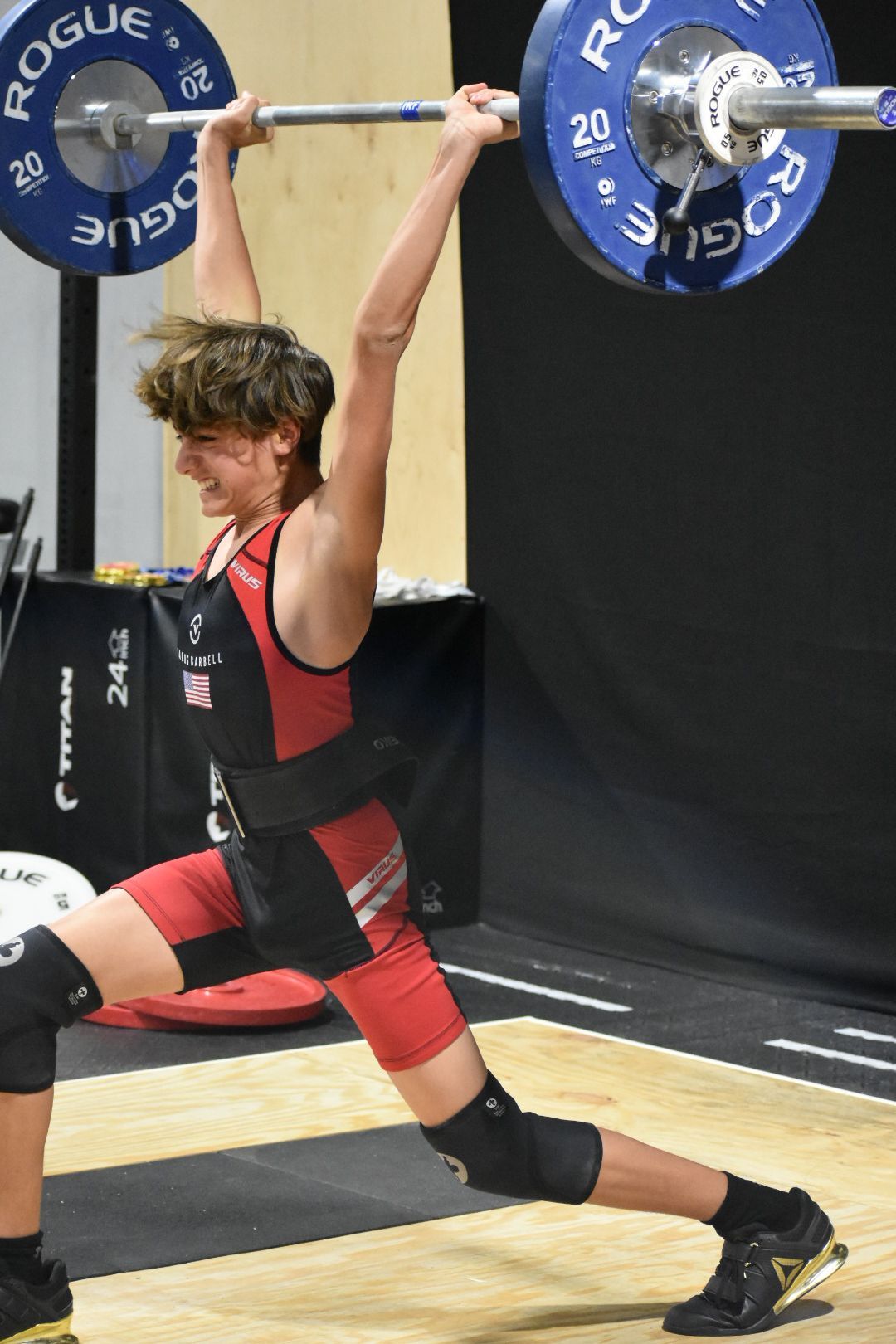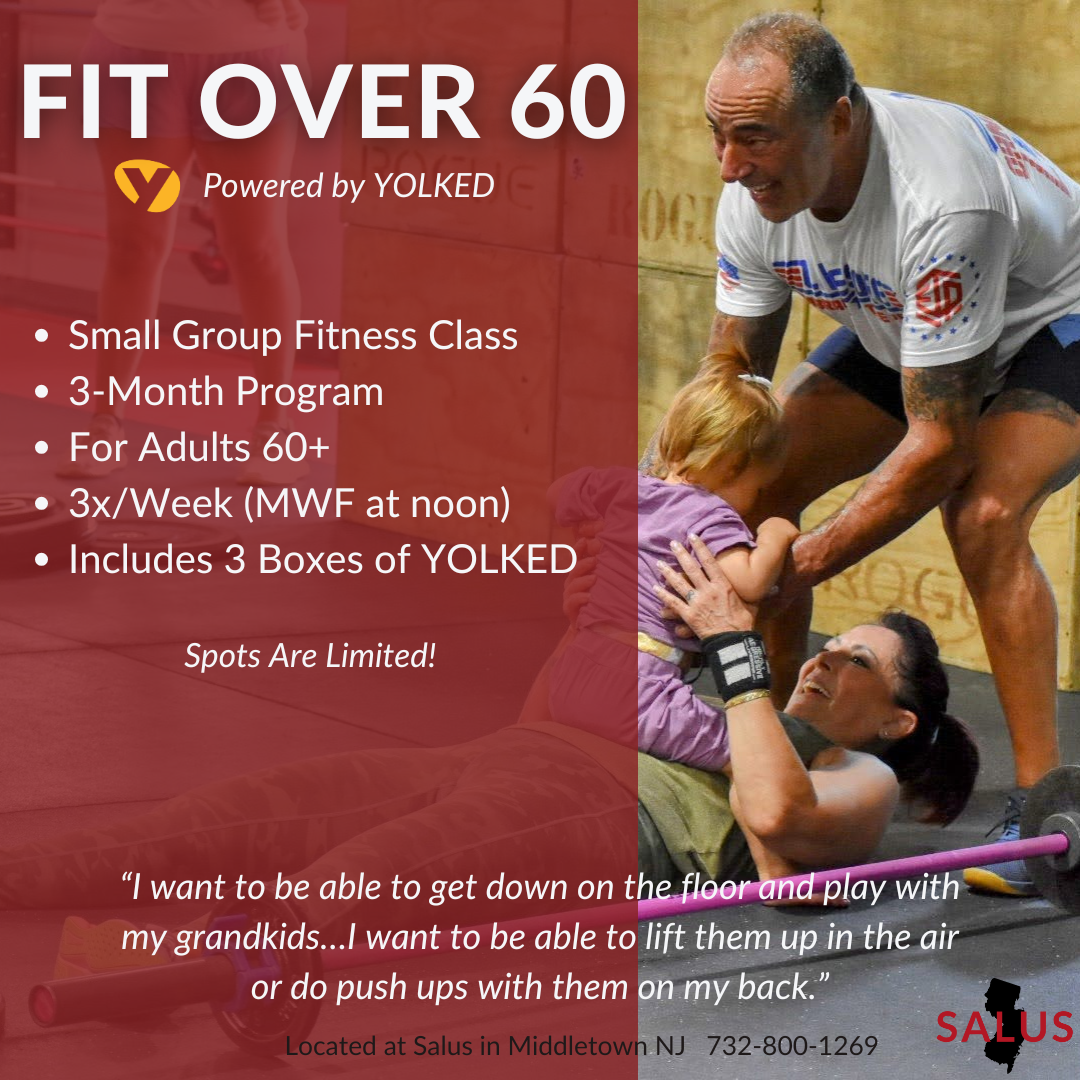Sleep 101: Should you still workout if you haven’t slept well?
Wondering if you should still workout if you haven’t slept well? We’ll address this question in the second of our Sleep 101 series.
Should you workout if you haven’t slept well?
Not sure if swapping sleep for exercise is a good idea?
The general recommendation above is to get at least seven hours of sleep a night for most adults. But, some studies show that those who exercise during the day, versus those who don’t exercise at all, are likely to get a better night’s sleep. That being said, everyone responds differently.
For most people, everything tends to feel a little more difficult when you’re tired.
It’s important to realize that the demands of CrossFit and Weightlifting training both increase the requirement of recovery sleep. When you workout, you’re actually breaking down muscle. Without enough sleep, testosterone levels will decrease, which in turn, impacts your ability to repair muscles at night. Limited sleep time and quality can both hinder muscle growth.
Generally, you can workout if you haven’t slept well, but it will not be as efficient.
A lack of sleep can lead to a reduction in strength and reaction times and can also increase your perception of how difficult a training session is. (ugh, burpees again?!) While there will always be times when you don’t get enough sleep, it is important to recognize how sleep can impact your training session.
Read more: Sleep 101: Can you repay “sleep debt?”
Additionally a lack of sleep can also affect your hormonal balance, including cortisol and insulin. This could adversely impact body weight by promoting an increased appetite for high carbohydrate foods and fats, making it difficult to stay on track with your food choices.
If you must train, consider taking backing off on percentages or shorten your training time at the gym.
Read more on “ Sleeping Tips for Athletes. “
What about the timing of your workout?
While previous recommendations used to discourage exercise too close to bedtime, a growing number of studies support exercise at night. Regular exercise, particularly in the evening and nighttime, has been shown to improve sleep quality among healthy adults, challenging the conventional idea that evening exercise is detrimental.
Your best bet is to experiment with different training times (if your schedule allows), take notes on your sleep quantity and quality, energy throughout the day and training results.

What about staying asleep?
Try to keep a set sleep-wake schedule to promote regular sleep time, maintain a calm, cool and comfortable sleeping environment, limit external stimuli such as light and noise, avoid alcohol too close to bedtime (within a few hours of sleep) and limit caffeine after noon.
But, like your programming and nutrition needs, workout timing is very individual.
What works for them may not work for you.
Read more on “ How to Create a Bedtime Routine. “
Check out our series on sleep for more information:
Do you have questions about exercise or nutrition? Give us a shout!
The post Sleep 101: Should you still workout if you haven’t slept well? appeared first on Salus.





